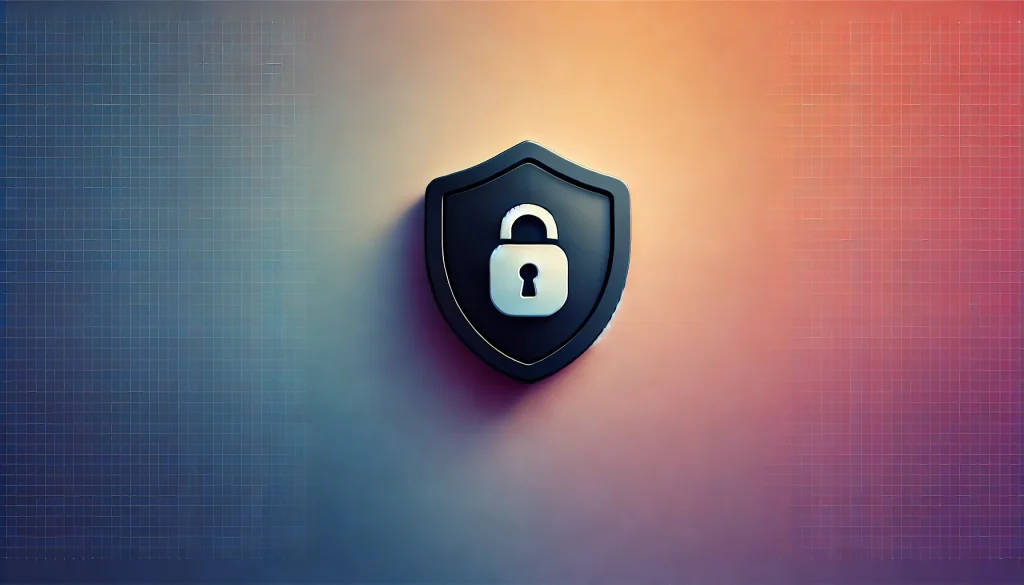One of the best proven ways to save time and money in this world is working from home; however, it has its own disadvantages in the sense of cyber security. Tech Info Galaxy, in this blog post, shares nine tips on keeping your cyber identity safe while working from a distance. Everything from how to protect your computer, securing your data, to being safe online is discussed in this article. Business owners are given guidelines on how to safeguard their data too. Stay safe and be productive!
Table of Contents
- 1. Protected Yourself with Antivirus Software and a Firewall
- 2. Keep Your Operating System and Software Up to Date
- 3. Create Strong Passwords
- 4. Be Careful about What Files You Download and Open
- 5. Use a Digital Signature
- 6. Beware of Phishing Scams
- 7. Use a Secure Browser Extension
- 8. Encrypt Your Data
- 9. Use Two-Factor Authentication
- Consequences of Data Theft for Business Owners
- Cybersecurity Tips for Business Owners
- Implementing Strong Security Measures
- Restricting Access To Sensitive Data
- Educating Employees About Data Security Risks
- Be Safe and Enjoy Working from Home
1. Protected Yourself with Antivirus Software and a Firewall
Working from home means that your computer should be adequately protected. It would include antivirus software and firewall. Antivirus software protects the computer from viruses, while the firewall keeps your computer safe from hackers and other online attacks. If there is no installed antivirus in your computer, here are some of the market leaders:
- Norton AntiVirus
- McAfee AntiVirus
- Trend Micro Antivirus+ Security
- Kaspersky Internet Security
- Bitdefender Internet Security
To have a firewall activated, you would need to enter your computer’s settings. For Windows users, that would be found under Control Panel > System and Security > Windows Firewall. Mac users would find it under System Preferences > Security & Privacy > Firewall. To set your firewall on at these settings, you would also need to create exceptions for programs needing access into your machine.
2. Keep Your Operating System and Software Up to Date
Keep software installed on your desktop current and up to date with the latest developments in your operating system, and you will have learned one of the easiest and most effective methods of keeping your entire work-to-stay cyber secure. There continues to be new breakthroughs in hacking into old systems through various vulnerabilities. Keep your systems patched and fortified, Computer World advises that you can set up your system for automatic updates or check for updates manually.
3. Create Strong Passwords
Using strong passwords is crucial when working from home. All your passwords on all your devices and accounts should be long, complex, and unique.
Another way to secure yourself would be changing passwords on all accounts, and try to use unique password for different online accounts as using the same passwords makes it easier for hackers to access your information.
Also read: AIO-TLP Technology: Driving Innovation in Data Processing and Computing
4. Be Careful about What Files You Download and Open
Be much careful about the files you download and open. Most of the viruses and malware are spread via email attachments and file downloads. Before opening any file try to check it for something.
5. Use a Digital Signature
Digital signatures create added safety when documents are sent and data is transferred across the Internet. Using a digital signature allows one to electronically sign a document, adding yet another layer of security and assuring that the document has not inadvertently been altered. This is of tremendous importance for confidential documents, such as financial and legal documents.
Be sure to always have a strong password that is frequently changed if one is using a digital signature. Also, securely store your signature key. Without the key, there will be no papers on which you will digital sign.
6. Beware of Phishing Scams
Phishing is one of the easiest and most common means through which hackers steal personal information. Most phishing attempts will involve a form of messages, is usually in an email, or text messages. Examples of these include that from a bank or credit card company, but those turned to hackers do not carry any authenticity.
The phishing scam will hype the chances of clicking on a link or divulging sensitive information like your username and password. This leads to:-
- Never click on links in unsolicited emails or text messages.
- Never provide your personal information unless you’re absolutely sure of the source.
- Use anti-phishing software.
7. Use a Secure Browser Extension
An extension built on browser security is an intensive way to enhance the security of the internet activities conducted. Extensions will encrypt your traffic and prevent malicious sites and also offer privacy by simply not allowing websites to track your online usage.
There are many different secure browser extensions available, so be sure to choose one that fits your needs and interests. Some popular options include Avast! Secure Browser, Bitdefender TrafficLight, and AdBlock Plus with HTTPS Everywhere.
8. Encrypt Your Data
The other way of safeguarding your data while working from home is by encrypting it. Encryption means that no matter what, if someone eventually gets to have your data, they cannot read it unless they have the key. You can encrypt your data with programs such as TrueCrypt or BitLocker.
9. Use Two-Factor Authentication
Two-factor authentication adds a layer of security you can associate with your online accounts. In this method, two pieces or forms of information must be provided before one can log in to the site; thus, aside from the username and password, an extra code which would normally be sent to your phone or email address is required. According to Twilio Authy, this makes it very difficult for hackers to enter into your account even if they have gotten hold of your username and password.
Most online services support two-factor authentication, and so enable two-factor authentication on all of your important accounts. Below are some of the biggest names in two-factor authentication services:
- Microsoft Outlook
- Apple iCloud
- Dropbox
Consequences of Data Theft for Business Owners
They are often attracted to small business owners without consideration for their geographical location. Data theft, it is important to note, has more serious consequences for small businesses than for large organizations. Data leaks have many negative implications for small businesses.
Financial Losses
A company does suffer losses to a great extent due to data breaches and theft or loss from credit cards, bank accounts and loss regarding a person’s credit rating. Check the price that you pay for your personal credit score, especially if your business structure doesn’t have any liability protection, and the FICO score for your business.
Loss of Customers and Business Partners
The immediate effect of a data leak is the breach of the relationship with customers and business partners. They may go to the competitor or even take legal action.
Damage to Reputation
Leakage of information can also damage an organization’s reputation and make it difficult to attract new client and employee faces. Sometimes information is leaked into the open media or onto the web.
Cybersecurity Tips for Business Owners
This is one of the many resulting consequences on a small-scale business from a breach of data. Fortunately, simple things can be done to protect business data, such as:
Implementing Strong Security Measures
Having good security protocols with firewalls and antivirus protection as well as measures to protect passwords. Updating software, changing passwords regularly is also important.
Restricting Access To Sensitive Data
Only members of authorized personnel whose duty requires access to classified information should be granted access to the said information. On leaving the organization or changing job assignment, immediately deny access.
Educating Employees About Data Security Risks
Ensure you educate and create awareness on the consequences of data theft and safety online. These include avoiding opening suspicious e-mails or clicking links in dubious mails. Tips on phishing and how to identify such needs to be availed to employees.
Be Safe and Enjoy Working from Home
Working from home has its advantages; however, it does come with lots of serious security risks. Regardless of whether you’re working with sensitive company information or trying to keep personal details safe, following the nine tips above will help you stay secure in the cyber realm as a remote worker.
Not to mention, customer data security as a small business owner helps save the reputation, loss of revenues, and loss of business relationships. Do not wait any longer and take the simple steps towards building a digital fortress today!
Would you like to read more helpful content about technology, business, marketing, or gadgets? Then check out Tech Info Galaxy!







